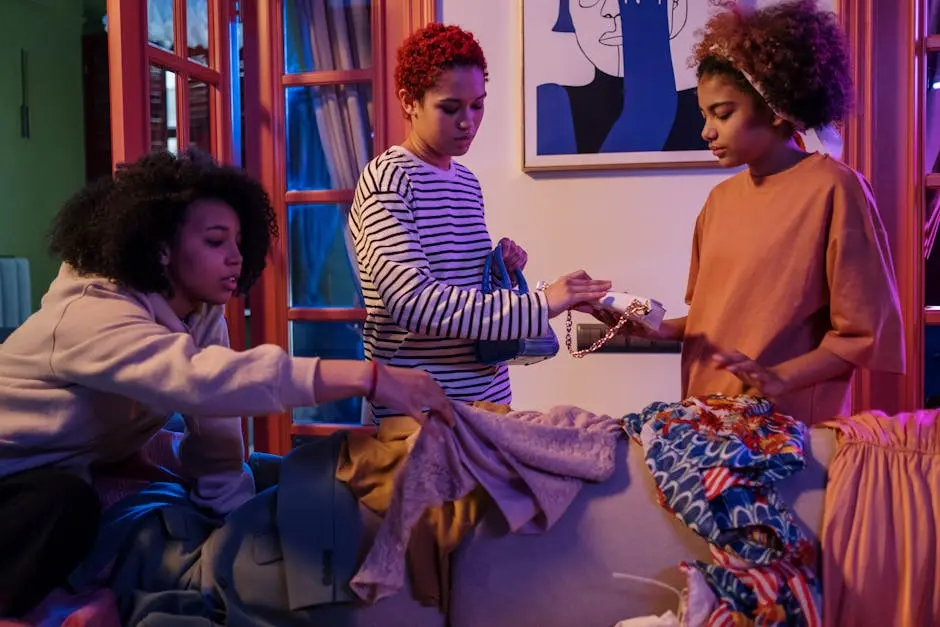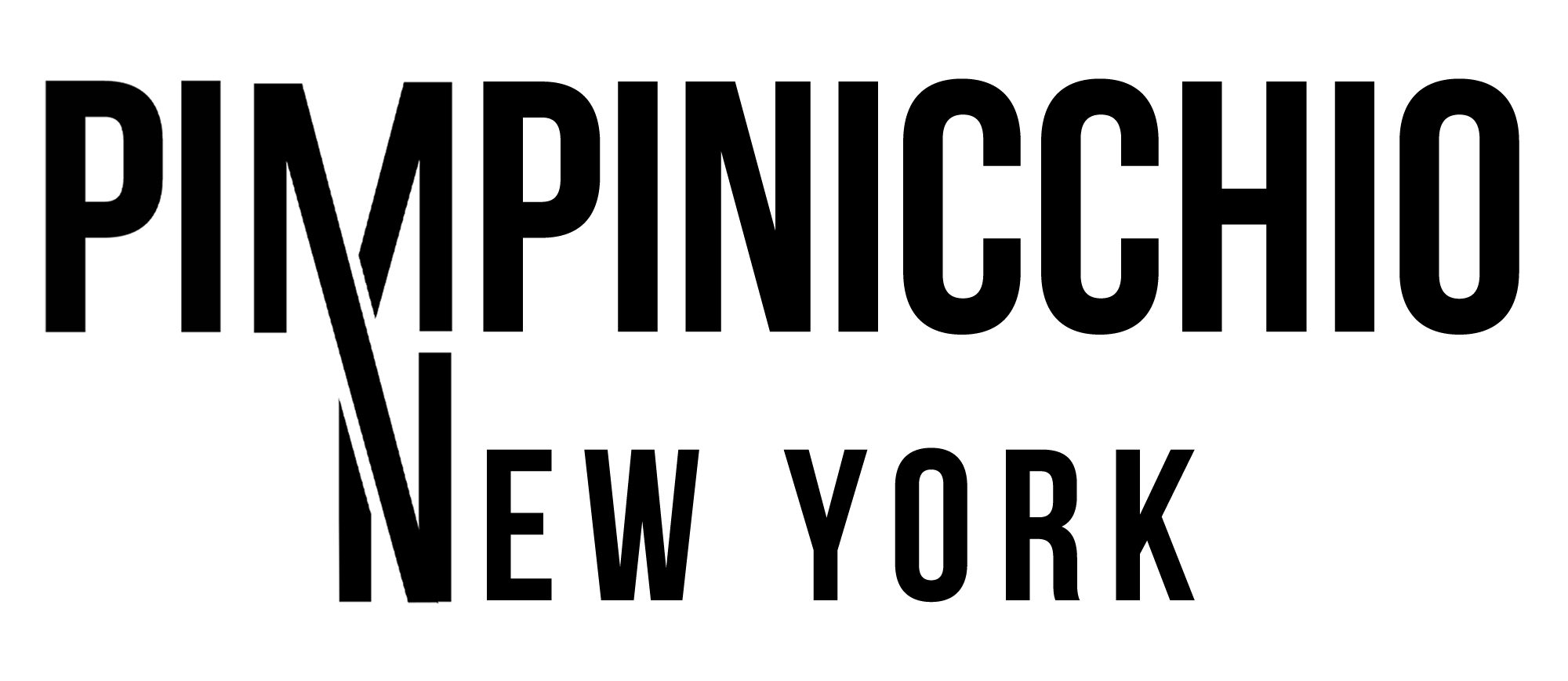In recent years, the demand for sustainable fashion has surged, and New York City is at the forefront of this movement. With its vibrant cultural scene and innovative designers, the city has become a hotspot for ethical handbags that blend style with environmental consciousness. This blog explores how NYC is shaping the future of eco-friendly fashion and highlights some remarkable brands committed to sustainability.
The Rise of Ethical Fashion in NYC
In recent years, ethical fashion has emerged as a powerful movement worldwide, and New York City is leading the charge. The city’s unique blend of culture, art, and innovation has birthed a growing number of designers who prioritize sustainability in their creations. This shift towards ethical fashion is not just a trend; it’s a reflection of a deeper awareness among consumers about the impact of their purchasing decisions. As people become more educated about environmental issues, they are gravitating towards brands that not only provide stylish options but also commit to responsible practices.
A major factor fueling the rise of ethical handbags in NYC is the demand for transparency. Consumers are increasingly interested in knowing where their products come from and how they are made. This desire has prompted designers to adopt eco-friendly materials, ensuring that their creations leave a minimal carbon footprint. From vegan leather to organic cotton, the materials used in these handbags reflect a conscientious approach to fashion that speaks volumes about the values of today’s shoppers.
Moreover, New York’s vibrant community of creatives has played a pivotal role in popularizing ethical fashion. Artists, musicians, and influencers are leveraging their platforms to advocate for sustainable choices, encouraging their followers to rethink their purchasing habits. This movement is further supported by local events and markets dedicated to showcasing eco-friendly products, making sustainable fashion more accessible and appealing.
Understanding Ethical Handbags: What Makes Them Different?
Ethical handbags differentiate themselves through the materials used and the processes behind their production. Unlike traditional handbags, which may involve environmentally harmful practices or unregulated labor conditions, ethical handbags prioritize sustainability and fair labor. For instance, many brands source materials that are either recycled or sustainably harvested, reducing waste while supporting responsible sourcing practices. This thoughtful approach not only benefits the environment but also ensures artisans and workers are paid fair wages.
In addition to sustainable materials, ethical handbags often feature unique designs that tell a story. Many designers collaborate with local artisans, incorporating traditional craftsmanship techniques into their products. This not only preserves cultural heritage but also promotes a sense of community among creators, consumers, and the environment. By choosing an ethical handbag, you are not just investing in a beautiful piece of fashion; you are supporting a movement towards more responsible consumerism.
Furthermore, the longevity of ethical handbags cannot be overlooked. Designed to withstand the test of time, these bags emphasize durability over fleeting trends, encouraging consumers to invest in quality over quantity. This shift in mindset is crucial for fostering a sustainable fashion industry that prioritizes ethical practices while maintaining aesthetic appeal.
Meet the Designers Leading the Charge
New York City boasts an array of talented designers who are at the forefront of the ethical handbag movement. One such designer is Stella McCartney, who has earned a reputation for her uncompromising stance on sustainability. By eschewing fur and leather, she has proven that luxury and ethics can coexist beautifully. McCartney’s designs aren’t just fashionable; they challenge the traditional norms of fashion, pushing others to consider their impact on the planet.
Another influential designer is Angela Roi, known for her chic vegan handbags. Angela Roi’s captivating designs combine sophistication with sustainability, showing that consumers don’t have to sacrifice style to make ethical choices. Their commitment to animal welfare shines through in every creation, making her brand a beacon for those seeking cruelty-free options.
In addition to individual designers, collective initiatives are gaining momentum. Organizations like Fashion for Good are working to connect innovative designers with resources, fostering a community dedicated to sustainable practices. Their efforts create a supportive environment where talented creators can thrive and share ideas, resulting in an enriching tapestry of creative expression.
Materials Matter: Eco-Friendly Fabrics and Techniques
When it comes to ethical handbags, the choice of materials is paramount. Designers are exploring a plethora of sustainable options, from organic cotton to recycled plastics, ensuring that their products do not contribute to environmental degradation. One exciting trend is the use of materials like Piñatex, a leather alternative derived from pineapple leaves, which not only reduces waste but also supports local farmers. Such innovative approaches highlight the creativity and resourcefulness within the sustainable handbag community.
In addition to novel materials, the techniques employed in producing ethical handbags are worth noting as well. Many designers use low-impact dyes and sustainable manufacturing practices, reducing the harmful impacts associated with traditional textile production. By embracing eco-friendly techniques, they are championing a future where fashion and environmental responsibility can coexist harmoniously.
Ultimately, the materials and techniques behind ethical handbags serve as a strong reminder that fashion is not just about aesthetics; it’s also about the story behind each piece. Every handbag represents a commitment to sustainable practices that prioritize both the wellbeing of the artisans who create them and the health of our planet.
Shopping Guide: Where to Find Your Perfect Ethical Handbag in NYC
Finding the perfect ethical handbag in New York City is an adventure in itself, filled with boutique shops and unique markets dedicated to sustainable fashion. One must-visit location is the renowned Brooklyn-based shop, Greenlight Bookstore. Not only is it a haven for those who love literature, but it frequently hosts pop-up events featuring local artists and sustainable brands. Your next ethical handbag might be waiting on a shelf alongside your favorite novel.
Another great destination is the sustainable accessory store, Ecorazzi. This shop focuses solely on eco-friendly products, showcasing an impressive selection of ethical handbags from various designers. The knowledgeable staff is always eager to help customers find bags that align with their personal style while adhering to sustainable principles.
For a more extensive selection, consider attending eco-friendly fashion markets across the city. Events like the NYC Green Festival often feature a variety of designers showcasing their latest collections. These markets not only provide an opportunity to find ethical handbags but also foster a sense of community among like-minded individuals passionate about sustainability.
The Impact of Sustainable Choices on Fashion Trends
The surge in interest surrounding ethical handbags not only influences individual purchasing decisions but also significantly impacts fashion trends across the industry. As more consumers demand sustainable options, brands are responding by re-evaluating their production practices. This cultural shift is prompting even mainstream fashion labels to explore eco-friendly alternatives, breaking the mold of traditional luxury and forcing a reevaluation of the values that underpin the fashion industry.
Additionally, the impact of sustainable choices transcends individual items; it encompasses an entire lifestyle. By choosing ethical handbags, consumers are advocating for a more conscious approach to fashion and consumption as a whole. This wave of change inspires conversations and raises awareness about the broader implications of fashion on our environment.
As ethical fashion gains traction, its influence permeates other sectors, inspiring innovations in sustainable fabrics, waste reduction, and transparency in supply chains. This interconnectedness is crucial for creating a more resilient fashion ecosystem where ethics and aesthetics go hand in hand.
How to Care for Your Ethical Handbag
Caring for your ethical handbag is essential to prolong its life and maintain its integrity. Since many of these bags are crafted from unique materials, it’s crucial to follow specific care routines. First and foremost, familiarize yourself with the materials and cleaning instructions provided by the designer. For instance, vegan leather may require a different cleaning method than traditional leather, and failing to abide by these instructions could jeopardize the quality of your bag.
Regularly maintaining your handbag can prevent wear and tear. Consider investing in eco-friendly cleaning products that align with the values of your ethical handbag. Simply wiping down your bag with a damp cloth can go a long way in keeping it looking fresh. Additionally, storing your handbag properly when not in use is crucial; consider keeping it in a dust bag or box to protect it from sunlight and dust.
Finally, remember that caring for your ethical handbag reflects the larger commitment you’ve made to sustainable fashion. By treating your bag with care, you’re fostering a longer lifecycle for the product, embodying the essence of ethical consumption, and sending a powerful message that sustainability matters.
The Future of Fashion is Ethical
New York City’s commitment to ethical fashion is paving the way for a brighter, more sustainable future in the fashion industry. As consumers become increasingly aware of their purchasing decisions, the trend for eco-friendly handbags continues to grow, ensuring that style does not come at the expense of the planet. By supporting these local brands, we can all contribute to a fashion landscape that values ethics alongside aesthetics.




0 commenti